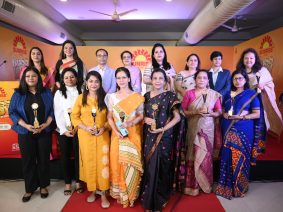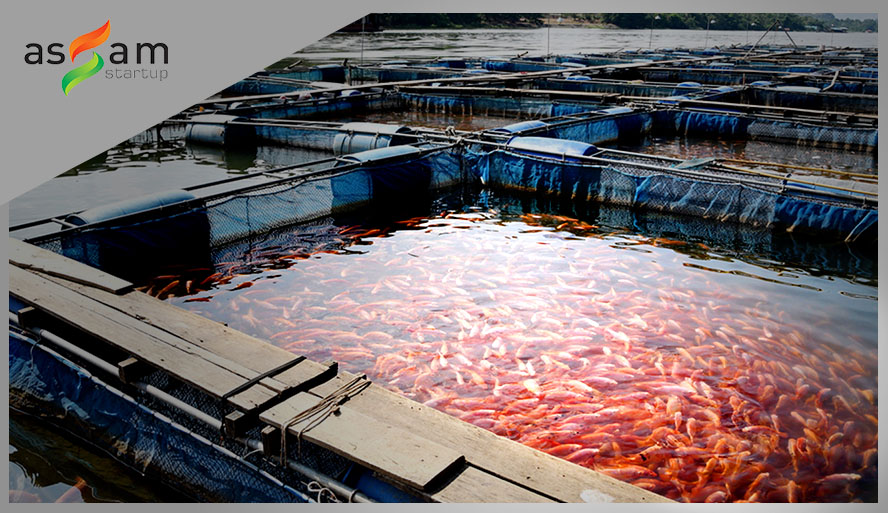
September 25, 2020
Assam stands among the highest fish consuming states in the country. The Assamese people’s love for fish is very much evident from its regional cuisines like Maasor Tenga, Patot Dia Xaru Maas etc. Naturally, fish farming poses a huge livelihood-supporting scope in the State. The fact that Assam is blessed with a subtropical climate, vast aquatic resources and rich piscine biodiversity makes it a suitable hub for aquaculture. However, despite the boons, there is a huge gap between the demand for quality fish and the production/distribution of the same. Primitive farming methods and disrupted supply chain are the major reasons for this.
In India, the fishery sector provides livelihoods to an estimated 10 million people. In Assam, the sector contributes over 2% to the Gross State Domestic Product (GSDP) and plays a crucial part in providing livelihood to a significant population of the state. The state is abundant in freshwater bodies, conducive for fish farming. The two major river systems – Brahmaputra and Barak, several beels, lakes, tanks/ ponds, and swamps are endowed with valuable fishery resources.
There has been a spike in fish farming in recent years. However, it hasn’t been enough to meet the demands, 3.36 lakh tonnes a year. To meet the gap, the state depends on the leading fish producing states like Andhra Pradesh. But this doesn’t compensate the demands for local fish varieties either.
Looking at the huge scope of aquaculture in Assam, scientific fish cultivation is conspicuously encouraged and propagated by the State. This has particularly opened avenues for new generation entrepreneurs and startups to innovate lucrative business models around aquaculture while leveraging new-age technologies.
Biofloc is an emerging technology enabling greater aquatic production in a smaller area and involving minimum cost. A number of small entrepreneurs and startups are joining the party to leverage the technology for greater production, both in terms of number and variety.
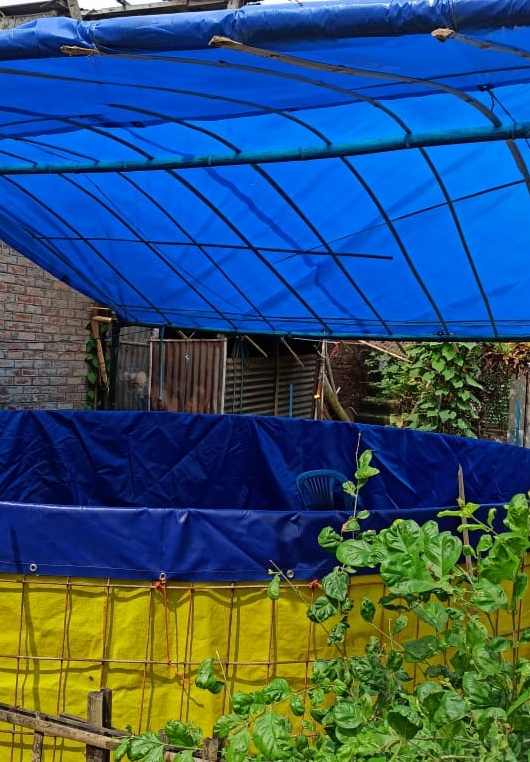
Fish-A-Live, an Assam Startup incubatee, is producing local fish varieties like magoor, singi, kawoi, sitol, borali, prawn, etc. using the biofloc technology. The startup is also developing a unique portable aerated box that retains the freshness of the fish while retailing them out. The box can monitor dissolved oxygen level and is equipped with a solar-powered LED and the air pump that keeps alive the fish for longer hours. Founded by Debajit Mahanta and Abdul Sajad, the startup is currently operating at Tezpur in Assam with 4 biofloc tanks and will be expanding to other towns soon.
Considering the fact that biofloc culture is relatively new in the state, there’s a conspicuous need for awareness, promotion, and dissemination of knowledge about the technology. It has tremendous potential to create livelihood opportunities for people, especially in rural areas. Understanding this need and the potential, another Assam Startup incubatee, Jolkuwori, is imparting free biofloc training to the native unemployed/people from the low-income category towards enabling them for self-employment and a steady source of livelihood. Founders, Dipankar Kashyap and Partha Protim Goswami aren’t only creating awareness among the common people, but also helping them set up biofloc tanks at a minimal cost. Jolkuwori’s engagement involves right from the training to setting up biofloc tanks to maintenance. Besides, the startup runs an independent fishery employing biofloc technology to breed a gamut of local fish varieties. To date, Jolkuwori has trained over 500 people and has facilitated the setting up of 15 biofloc tanks. They earned over Rs. 83,000 from setup and services in August and sourced a revenue of Rs. 63,000 from fish harvesting in the same month. The startup has designed a viable roadmap, with 20 more biofloc installations in the pipeline and projected revenue of Rs. 4 lakhs for October.
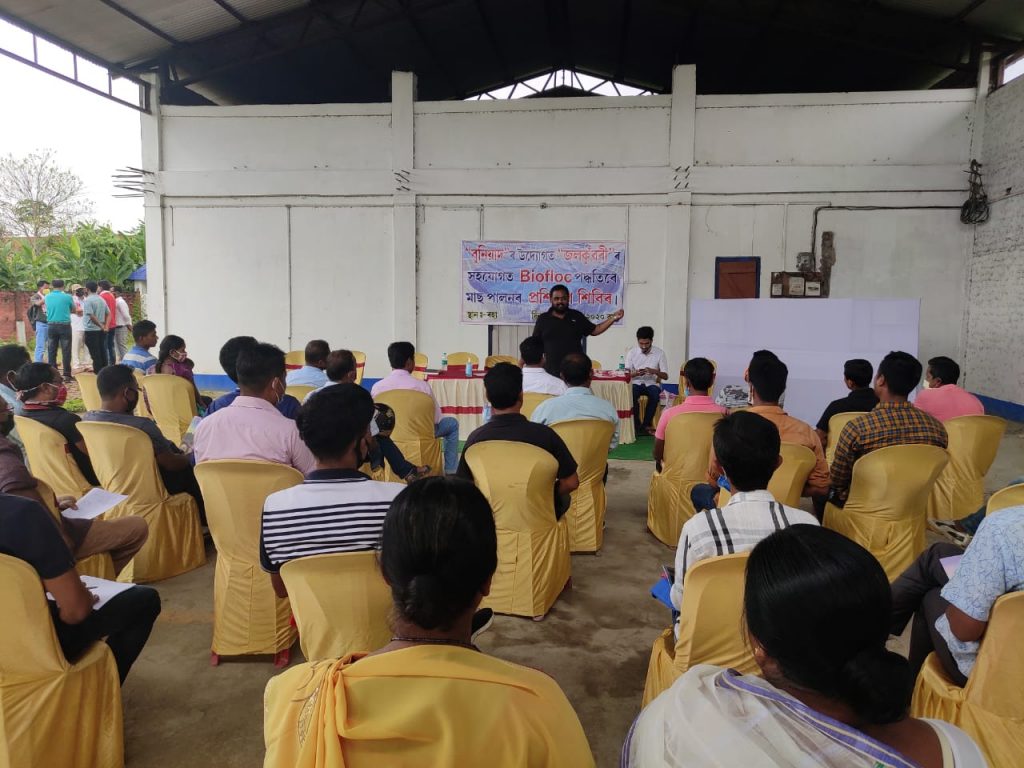
Jovial Barman, an engineer by qualification, identified the unorganized nature of the fishery sector in Assam. He noticed how the supply chain was disrupted due to motley factors like long transportation hours, fluctuating prices, and the perishable nature of fish, etc. COVID-19 and the perennial days of lockdown have disrupted the chain further. The situation drove Jovial and his three peers from Nalbari to work out a solution to the issue. They have founded a startup, Kolong, to meet the ever-rising demands for fish through a centralized fish market run in both online and offline modes, with a conscious effort to enforce price uniformity. While the customers will be able to place their orders on their website www.kolong.in (to be launched shortly) for doorstep delivery, they are also building one-stop physical stores with all facilities to retain the freshness of the fish so that the customers can make live picks without compromising on the quality. Starting their operations since August this year, the startup is currently operational at Nalbari with plans for expansion in the months ahead.
These are just a handful of instances from the lot. A good number of youths from the state are coming forward to finding remedies to push fish production, smoothening the supply chains, and spreading awareness about emerging fish farming technologies for empowering local populations with self-employment ideas and skills. Proper utilization of the vast aquatic resources and innovative solutions for mending the erratic supply chain can pave the way for the growth of the fishing industry that will not just meet the local demands, but also export the surplus to the neighboring states and even to the South East Asian markets. And the emerging startups and entrepreneurs must play a crucial role in unleashing that potential.
Failures show the way to success. Read about the 5 take-home stories of startup failure here.
Topics
Recent Posts
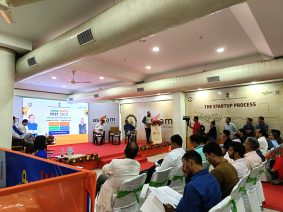
Assam Startup Fest 2023 draws curtains. Leaves a note to brace up for the significant advancement of Assam’s startup ecosystem
Read More








